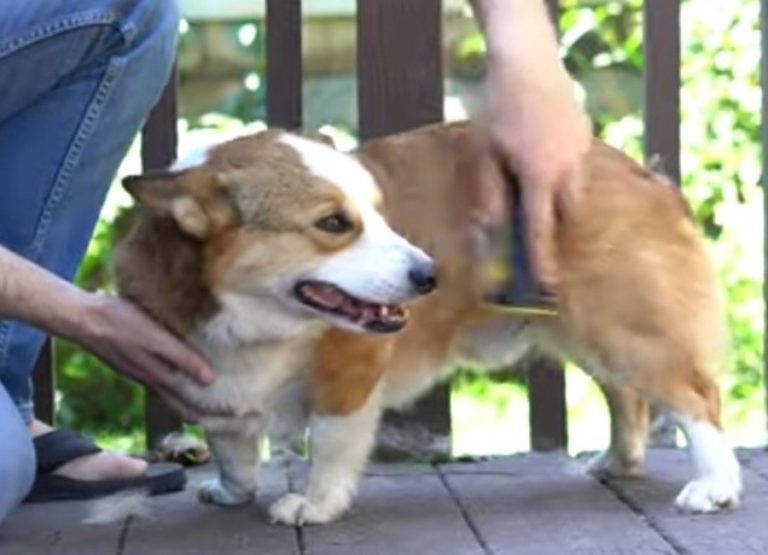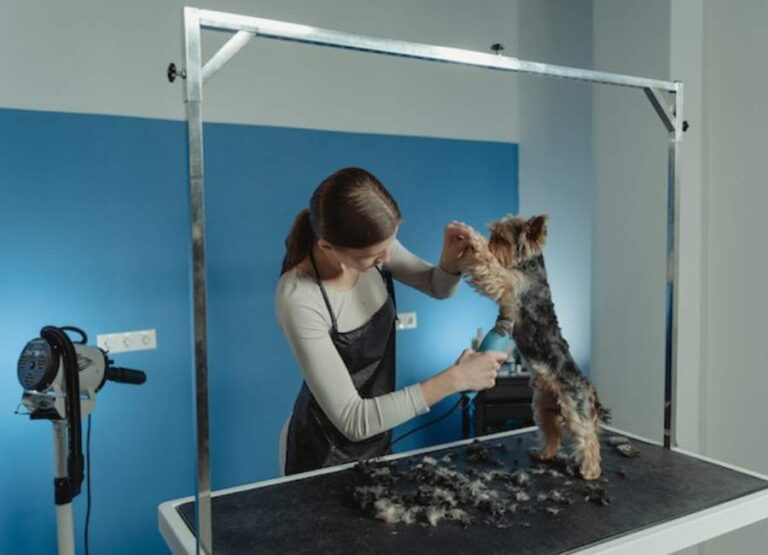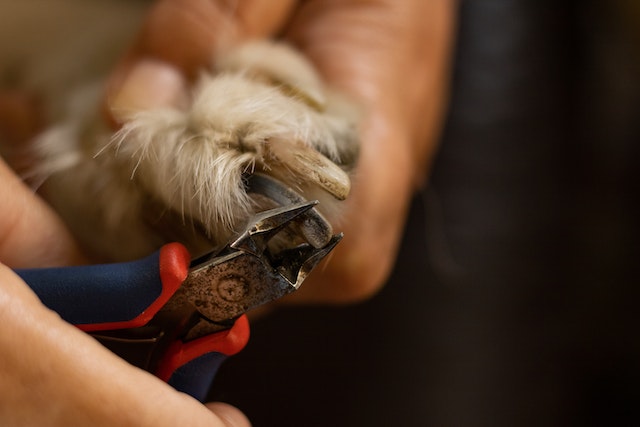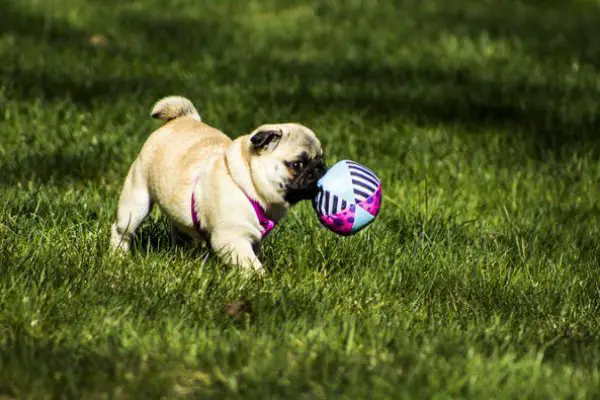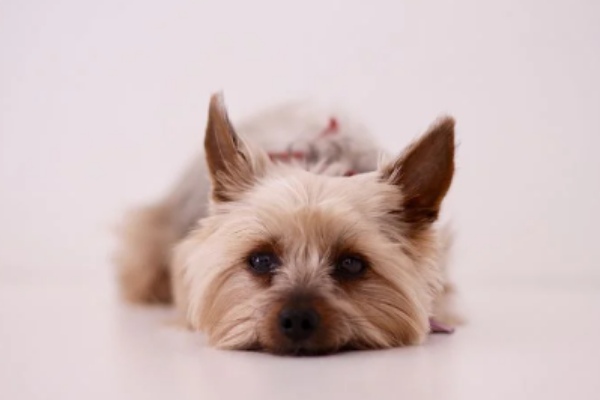Can Bichon Frise Be Left Alone: 5 Dangers & Helpful Tips
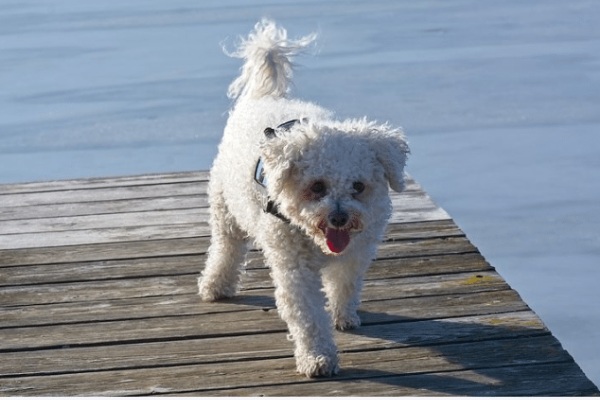
Some dogs are fine staying alone as long as you feed them, but can Bichon Frise be left alone? Let’s find out more together!
We’ll talk about the hazards of leaving your Bichon Frise at home alone for a lengthy amount of time.
We’ll also go over some typical methods for assisting your Bichon Frise in remaining alone at home and happy, which is often easier said than done.
Let me quickly answer your question can Bichon Frise be left alone before we proceed to how to keep them busy at home while you are gone.
Can Bichon Frise Be Left Alone
Although Bichon Frise may be left alone for up to 7 hours at a time, they are prone to separation anxiety and want human interaction, so leaving them alone for a lengthy amount of time is never a good idea.
How long can bichon frise be left alone
Bichon Frise has small bladders and can’t hold their pee for long amounts of time which they may have a house accident or get hungry, provided they have access to a pee place, you may leave them at home for up to 7 hours.
Leaving a Bichon Frise alone at home for up to 7 hours is never a smart idea since they are prone to separation anxiety.
Do Bichon Frise like to be left alone
No, as companion dogs who love human interaction all day long Bichon Frise does not like to be left alone for a lengthy period of time and can develop unnecessary behaviors like biting, barking as well as separation anxiety.
Do Bichons do well alone
No, Bichons do not do well alone since they were selectively bred to be human companions when left unattended for a lengthy period they may develop unwanted and avoidable behavior problems
Dangers of leaving Bichon Frise alone for too long
Leaving a Bichon Frise alone at home for an extended period of time can cause a variety of problems, including:
1. Frequent potty accidents
Bichon Frise has a small bladder and can not hold pee or poop like big dogs with a big bladder, this means they can have house accidents if you leave them alone for too long unattended.
Leaving your Bichon Frise alone at home for an extended amount of time may add to his frequent house catastrophes.
When you leave your Bichon Frise alone for an extended period of time, he or she is nearly guaranteed to make an error out of annoyance or fear, both of which may be prevented.
You may notice your Bichon Frise peeing and pooping in unexpected locations if you leave him alone for too long.
2. They can develop bad behaviors
Bichon Frise uses growling as a means of communication since they can’t tell you whether they’re anxious or upset from being alone for too long using words.
In a new situation, growling is a normal way for your Bichon Frise to express worry or fear.
If your happy Bichon Frise starts growling more frequently than normal, don’t ignore him; determine out what’s wrong and fix it as quickly as possible.
There are a variety of Bichon Frise behavior issues to be aware of.
3. They can swallow or chew valuables
When left alone, Bichon Frise can chew items more than other large dogs, indicating that they are stressed.
Bichon Frise puppies chew at all ages, but their owners have complete control over what they chew and why.
Chewing for a Bichon Frise can assist with tension, boredom, and moderate anxiety, but it comes at the cost of your belongings, which is often the result of being left alone.
Keep an eye on your Bichon Frise’s stress level, and if they start chewing on items that aren’t meant to be chewed, give them chew toys.
4. They can develop separation anxiety
Since Bichon Frises were created to be human companions rather than stand-alone defense dogs, they are prone to separation anxiety.
If your Bichon Frise is left alone for lengthy periods of time with hardly any stimulation, separation anxiety can become worse.
Separation anxiety in Bichon Frise may take many forms, including biting, nipping, chewing, barking, hostility, and peeing in unusual places.
If your home is normally peaceful, and you work a 9 to 5 job, a Bichon Frise is not the breed for you. Separation anxiety in dogs can be alleviated in a variety of ways.
5. Excessive barking behavior
Boredom barking is one of the unpleasant consequences of leaving your Bichon Frise at home for a lengthy amount of time.
Barking and biting are two kinds of violence in Bichon Frises, both of which are motivated by frustration.
Some Bichon Frise may require some time to adjust to being alone. This is especially true if they are alone for an extended amount of time for the first time.
It might be aggravating for them to be unsure of how to handle this new situation.
If they don’t have anything better to do with their time, they may start barking incessantly, leading their neighbors to become irritated.
How to help a Bichon Frise stay alone
Here are a few common methods for teaching your Bichon Frise to stay at home while you’re away:
1. Setup a clear window view
Provide a clean window view of the outside world for your Bichon Frise to keep them engaged while you are away.
Teach your Bichon Frise to sit or lie down near a clear window to see what’s occurring outside.
Prepare the window so that your Bichon Frise may climb up to look out at the birds or a busy highway.
To avoid unwanted barking, make sure your Bichon Frise is properly socialized with a variety of things he can view through a clear window.
2. Provide more interactive and engaging toys
When you receive a new Bichon Frise puppy, try to get as many play toys as you can so the puppy has a favorite toy.
Once the Bichon Frise puppy has made their pick, remove the other toys.
Put the Bichon Frise in his cage or living space when you’re busy, introduce the toys, and go about your business.
After you’ve finished, take the Bichon Frise outside and play with it.
This educates your Bichon Frise to keep himself occupied with his toys when you’re not around.
3. Crate training
Proper crate training is the most effective method of helping your Bichon Frise stay home alone while you are gone.
If you know you won’t be able to care for your Bichon Frise all of the time, crate training is necessary, or you shouldn’t have a Bichon Frise in the first place.
Your Bichon Frise will learn limits and when he should be left alone via crate training.
Your Bichon Frise will struggle to adjust to being alone if he hasn’t been crate trained.
Teach your Bichon Frise to see the crate as a secure sanctuary and a comfortable place to rest.
Also, make sure your Bichon Frise has somewhere to go potty.
4. Provide a safe and calming spot
A stress-free zone is an area you created for your Bichon Frise to utilize as a safe haven or a place to play.
After you adopt your Bichon Frise, build a playpen for it to keep all of the Bichon’s toys and other belongings in.
Take your Bichon Frise into the stress-free zone and play with it for a few minutes when you have more free time.
Stand up and gesture to a play object or lead your Bichon Frise to a specific play item before leaving the stress-free zone; if your Bichon Frise attempts to follow you, stop and restart.
Repeat until your Bichon Frise reacts or rests in the room or cage, then continue until your dog understands where to go.
5. Get a treats dispenser
This is a terrific way to keep your dog interested while you’re away; dogs enjoy treats and food, which you can use to keep them entertained.
Remember that giving your dog too many treats might jeopardize his or her health.
As a result, moderation is critical; you can program the dispenser to deliver incentives to your dog over a certain length of time.
Start the reward dispenser training when you’re at home so that the goodies will fall when you leave your dog and sit.
For a while, one reward at a time will keep him engaged. You and your dog can try out several times to find which works best for you.
6. Exercise your dog before leaving
Take your Bichon Frise for a five-minute stroll or play fetch with him before leaving the house to burn off some of his pent-up energy.
This stroll will give your Bichon Frise a chance to relieve himself while also giving you and your dog some quality time together before you go.
It’s crucial to play with your dog before you leave the majority of the time so that you can burn off some of its energy.
When Bichon Frise becomes tired of playing, they go asleep, which might assist you to pass the time while you’re away.
7. Get a second companion pet
Dogs are herd animals who thrive when they are surrounded by other family members.
Most dogs are prone to separation anxiety since they were deliberately created to be a human companion and rely mainly on human company.
If you aren’t always accessible, getting a companion pet as soon as possible is one of the finest, if not the best, strategies to help your dog deal with separation anxiety.
If you have a companion animal, your dog will be less likely to suffer from separation anxiety.
Invest in a companion pet for your dog to avoid separation anxiety. Your dog will always have someone to play with if you get another pet or dog.
8. Turn on your TV or radio before leaving home
For most Bichon Frise, leaving the television on provides both human background noise and something to gaze at.
While you’re gone, make sure your Bichon Frise has plenty of intriguing and exciting toys.
Give your Bichon Frise a Kong stuffed with peanut butter if he or she is still a puppy.
Your Bichon Frise will be more concerned about receiving the peanut butter than about you leaving since leaving a Kong can help with separation anxiety.
While your Bichon Frise may be entertained with interactive electronic toys while you’re away, you must train him not to destroy them.
With the information provided on this page, I hope your question Can Bichon Frise Be Left Alone was answered!

